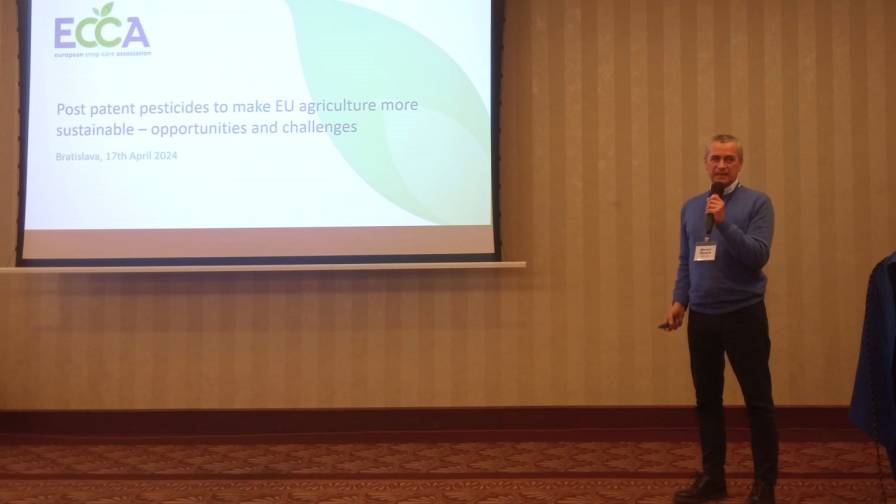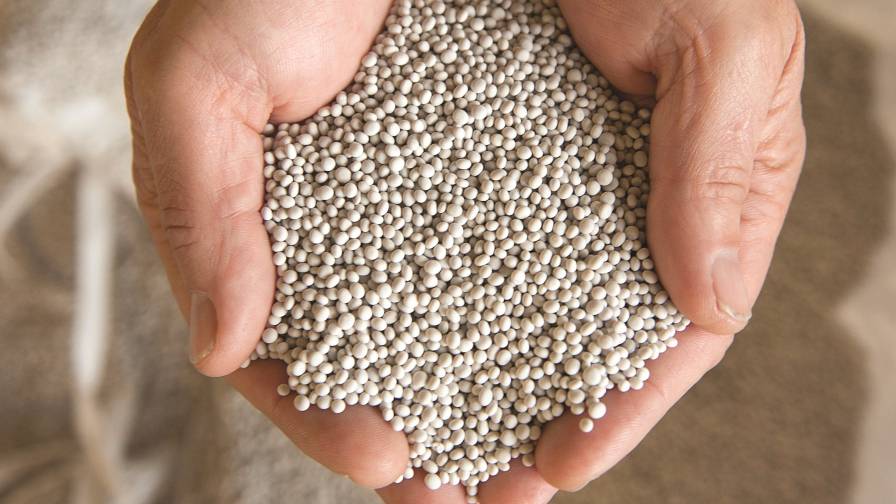Pandemic Puts Pressure on Field Trials for Evaluating Crop Protection Products
Field trials and independent research are critical to ensuring the agriculture industry is informed by the latest trends on crucial subjects, from controlling pest populations to how environmental factors impact harvests. Despite the COVID-19 pandemic seeing lockdown conditions in many countries, field trials must carry on if agriculture is to survive short-term uncertainty and thrive beyond these challenges.
Vital to creating confidence within agricultural marketing, field trials and independent research are key tools to evaluate new products or new uses of existing chemistries. Partnering with universities and other institutions that conduct these laboratory and greenhouse studies enables companies to gain data on distinctive pest populations, regional pest populations, as well as resistance in these populations that might be unique to specific geographies. In this way, we can customize a solution for growers designed to fit their unique requirements and environmental conditions.
Universities, for the most part, stay unbiased and report results based upon the data. It comes down to what is definable and what is real. This stance gives credibility to results and provides a trusted, independent source. Accessing ‘local’ data from universities helps shorten the time of the ‘adoption curve’ by agronomists and growers, often resulting in a faster return on their investment.
To make those recommendations, university experts need to evaluate products themselves under their local conditions. Funding from companies helps, but it does not cover the full cost of research program work. Therefore, field trials allow them to explore and test products in programs that fit a more holistic approach to the total crop production cycle.
Impact of the Pandemic
With so many industries shutting down for a period of time due to the pandemic, some would suggest that continuing field trials would be unreasonable. However, the agriculture industry believes these trials simply must go on. Studies are conducted over multiple years to evaluate and test under different growing and environmental conditions. Universities require two years of research before putting a product into their Recommendation Guides that agronomists and growers utilize. In fact, most major companies make big decisions based upon field trials.
As an example, Belchim launched a soybean residue test program in 2020 across all the soybean growing regions in the U.S. These trials were conducted by members of the NAICC. Not conducting these trials would have delayed the registration of a product for soybeans by at least another year. With the continued increase in herbicide-resistant strains of detrimental broadleaf weeds like palmer and waterhemp that negatively affect soybean growers’ yield, we felt it was critical the trials with NAICC happened and stuck to the original timeline.
However, conducting trials during the pandemic was not without its challenges. Universities started notifying companies of a reduction in accepting field trial work. It was either a directive from the university administration or the lack of field staff to conduct the work. While we were fortunate to place approximately 95% of the trials in our overall program objectives, it was difficult for the university programs to get these trials done with the same degree of consistency and detail. It requires a large staff complement and student workers to get many of the daily tasks done.
With the universities closed or virtual-only, the student worker resource pool was not available. Therefore, an extreme load was placed on the regular staff in these programs.
In addition to university partners, we work with other organizations to conduct field trials and independent research, like Agr.assistance, a leading consulting firm for 15,000 acres of tree, fruit, and vegetables in New York.
“Conducting field trials for crop protection companies is important as it helps bring novel alternative chemistries to market at a time where it is more important than ever. New chemistries need to be evaluated under different regions’ growing conditions, apple variety mixes, and application techniques. Chemistries that perform adequately and safely under arid Pacific Northwest conditions may react quite differently in the typically cooler and damper Northeast. Crop advisors need to develop some familiarity with new products’ efficacy and safety before confidently recommending them to commercial grower clients,” says Jeff Alicandro, President of Agr.assistance.
He admits that even though the agriculture industry was not as adversely affected by social distancing as others, seeing as how it is easier to do so on farms, the new personnel safety requirements for masks, temperature readings, and so on, did have an impact on project efficiency.
It is still too soon to say the real impact the pandemic has had on field trials. The commitment of companies like Agr.assistance, not to mention colleges and universities to continue with field trials, has put the agriculture industry on a firmer footing than if nothing had taken place.





